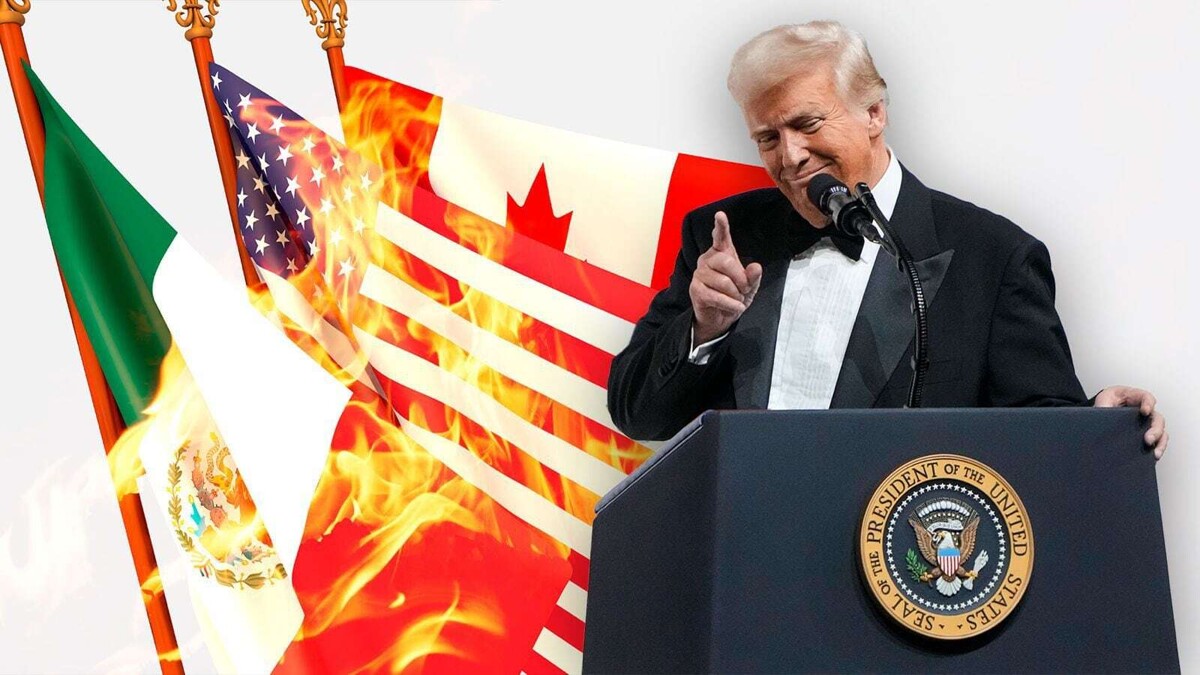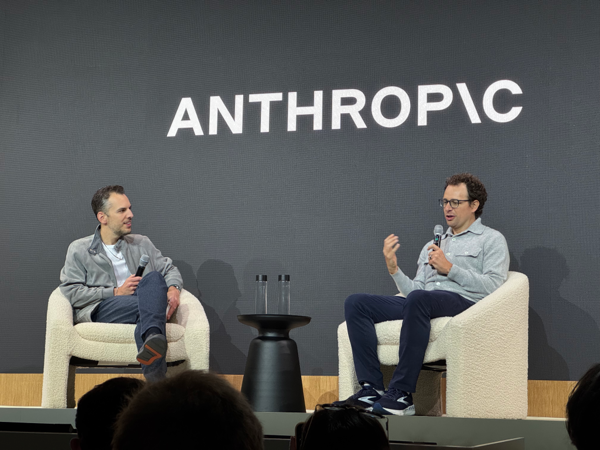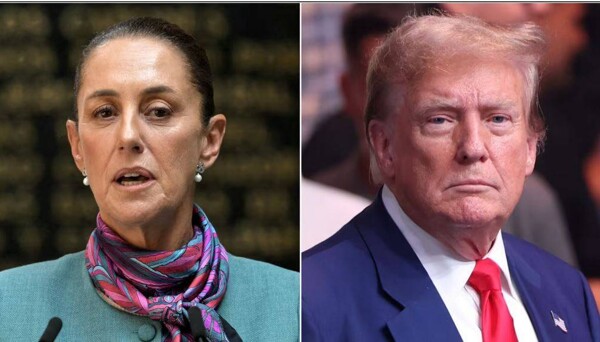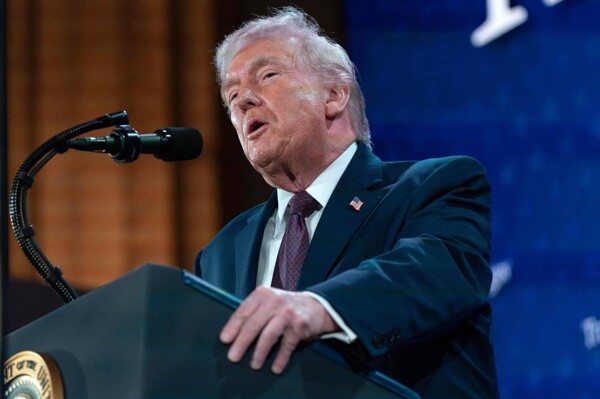
The film is a valuable tool for understanding the reasons behind the actions taken by the U.S. president on the day of his inauguration, January 20, and how he established his priorities compared to the rest of the world. It reveals that the president is not an isolated phenomenon but rather reflects the machismo present in his business, politics, and personal life.
In "The Apprentice," the personality of a thirty-something is shown, influenced by mob lawyer John Cohn, who taught him tactics for breaking down barriers using cracks and fissures. The mantra "attack, counterattack, and never apologize" that he learned from Cohn is reflected in how Trump operates and presents himself publicly.
The question of whether Trump will impose a 25 percent tariff on Mexican products as he threatened in the past, or similar actions, raises the importance of understanding his approach, goals, and methods. The flexibility of truth and the creation of reality are key concepts in his approach, as expressed by Roy Cohn.
The president has evolved since 2017 and faces a changing geopolitical context that influences his decision-making. The strategy of "attack, attack, attack" has been effective in the past, and he is likely to employ it in the future to achieve his goals.
The connection between Trump's character and the film "The Apprentice" is highlighted by former negotiators, who suggest that understanding his history is essential to anticipate his moves. The lesson that "there is no good or evil, only a construction, a fiction" resonates in the president's actions.
In a changing political and economic environment, understanding Trump involves analyzing his evolution, current allies, and previous commitments. His approach of "nothing matters except winning" suggests that he will continue to use challenging tactics to achieve his goals on both national and international levels.














